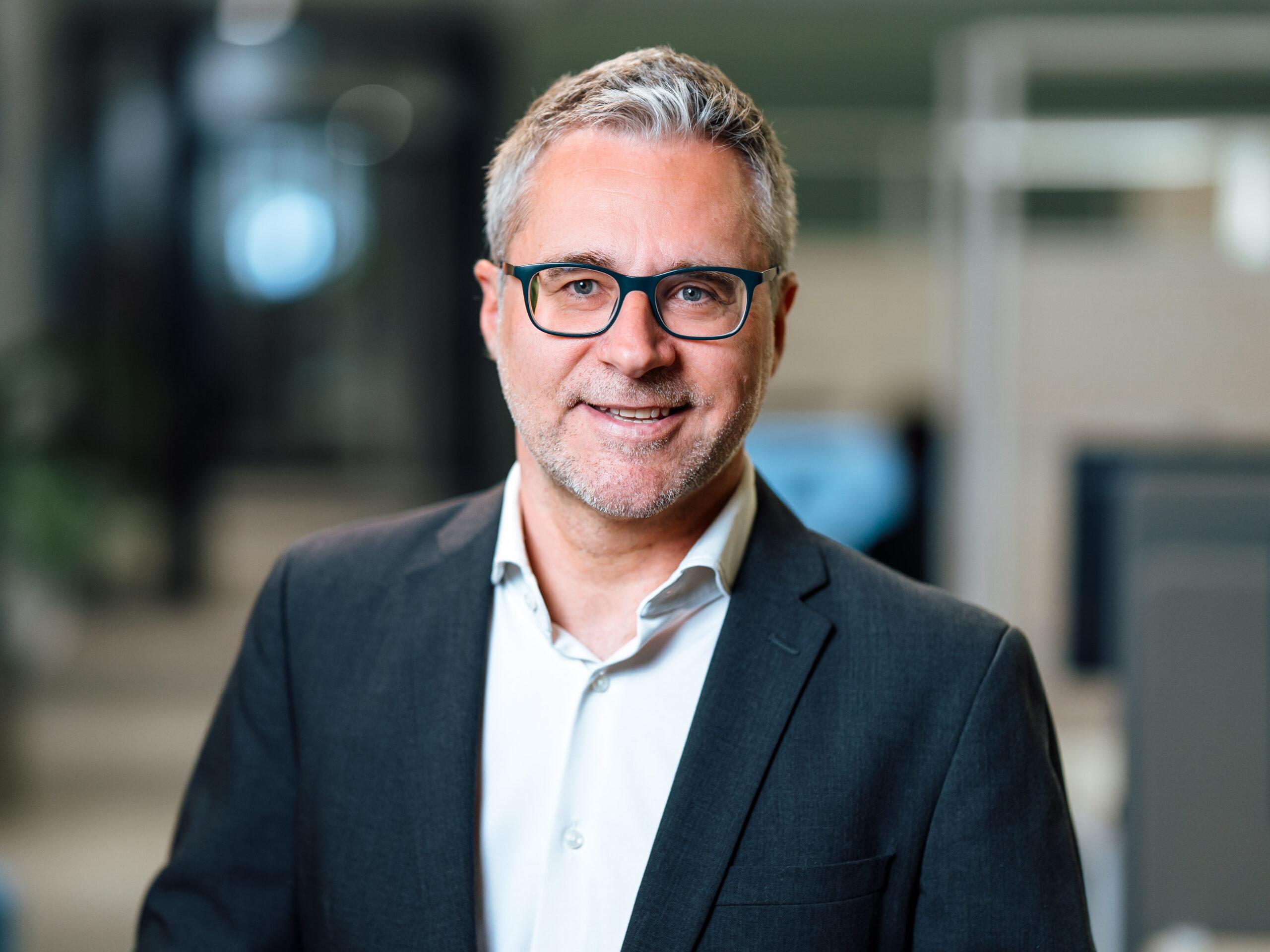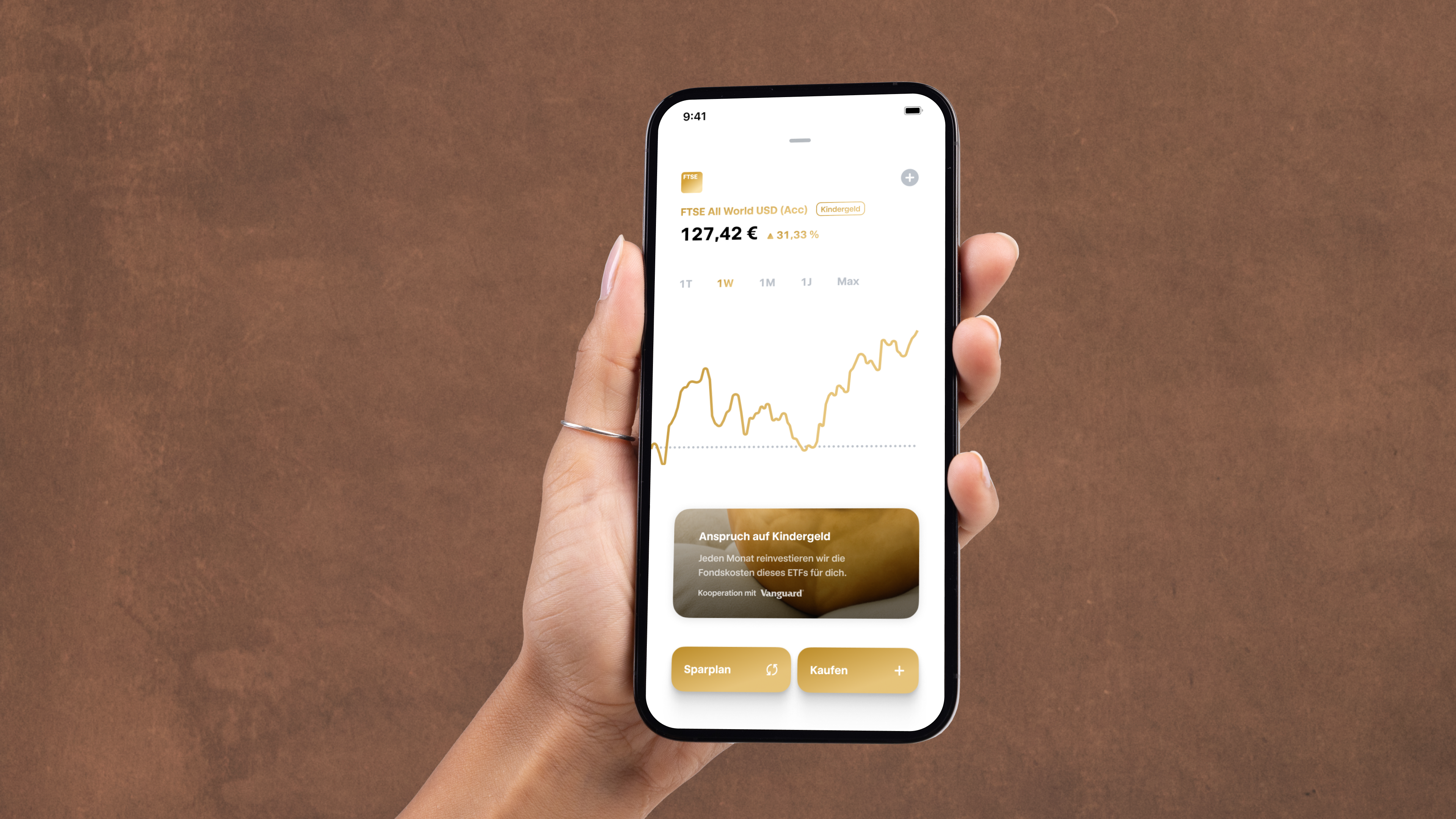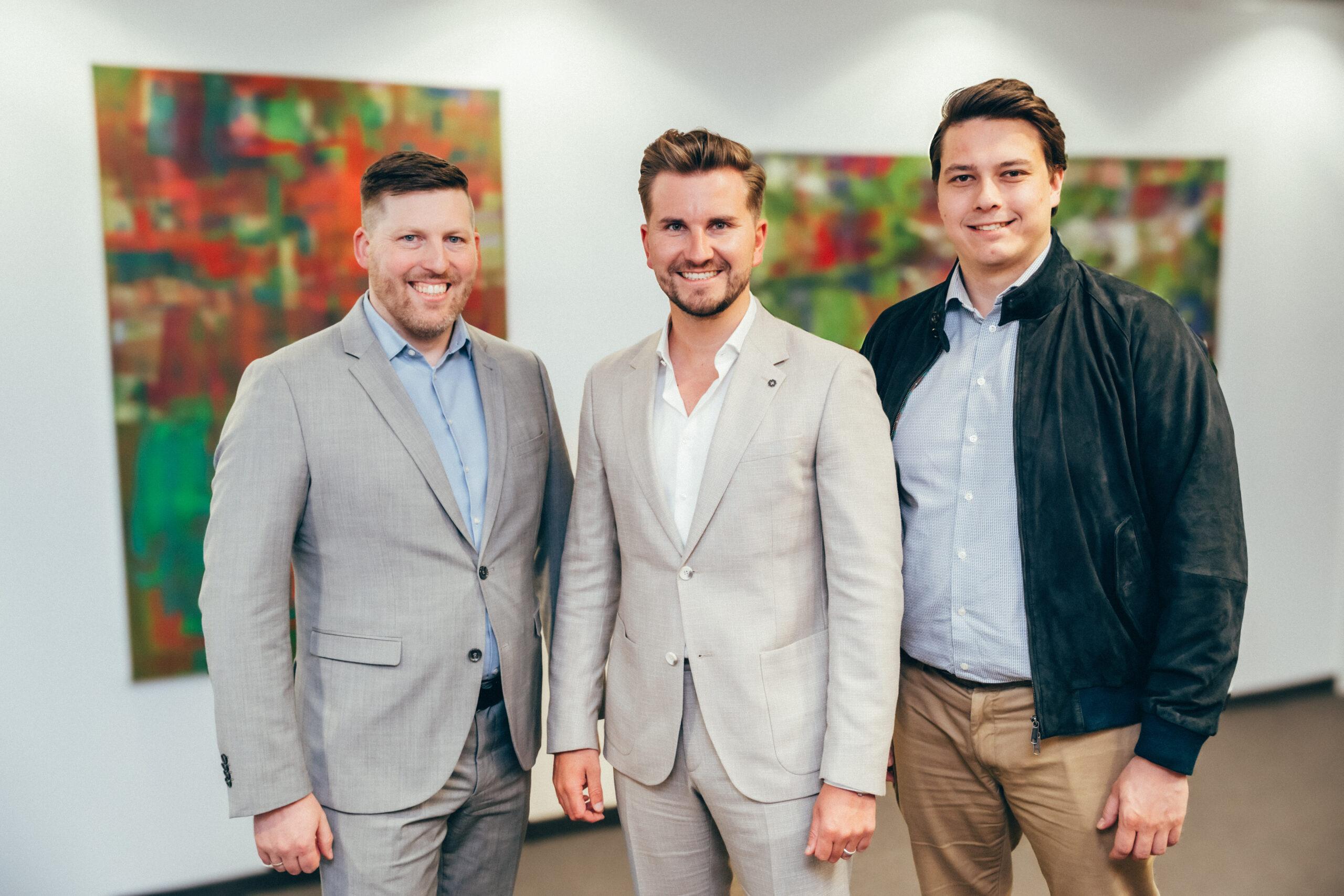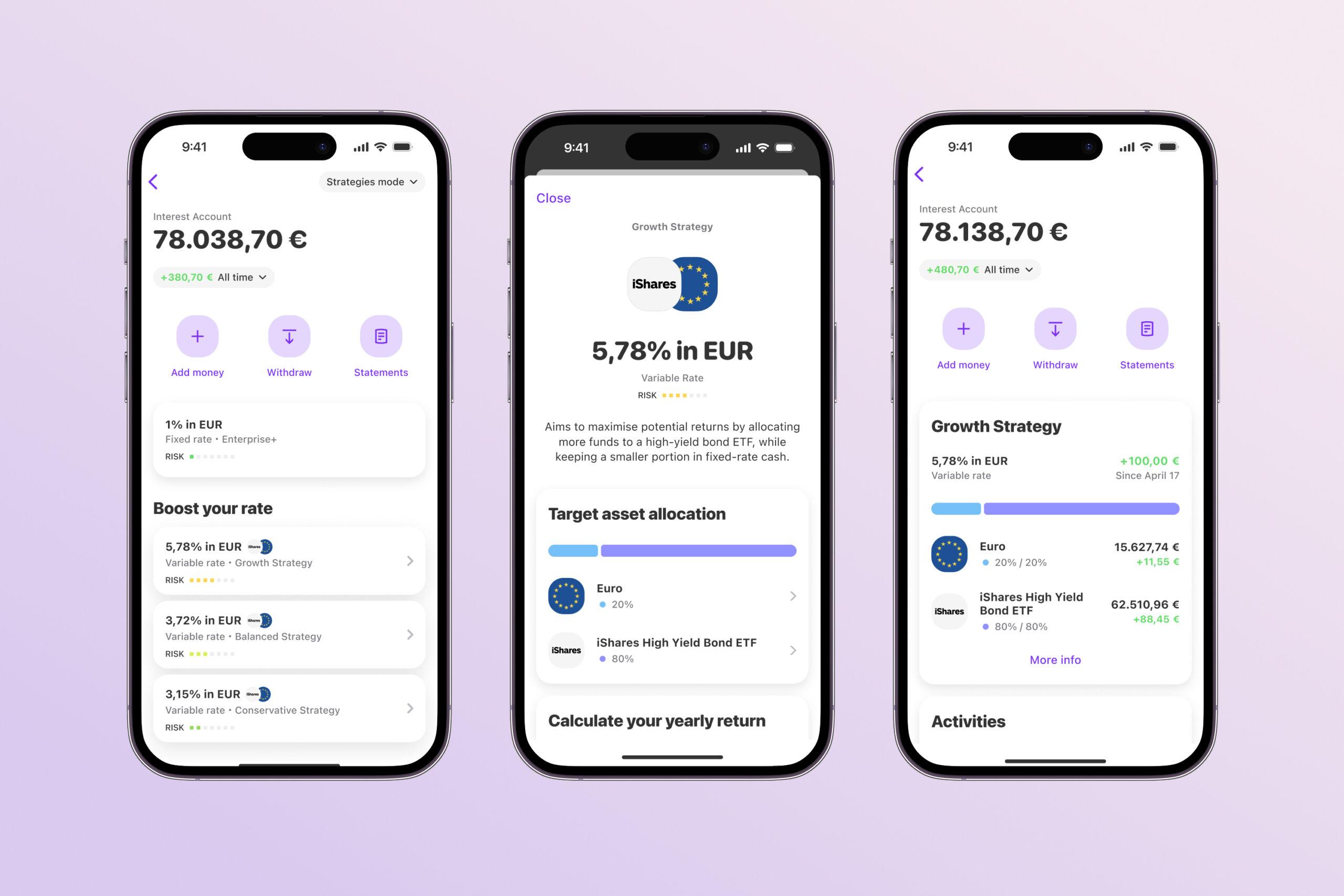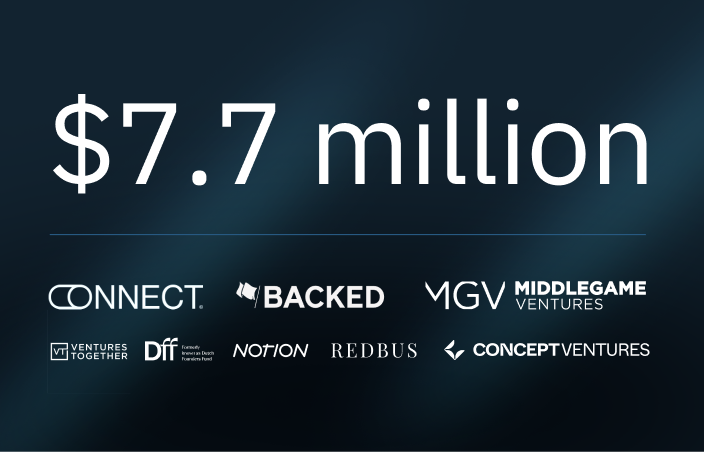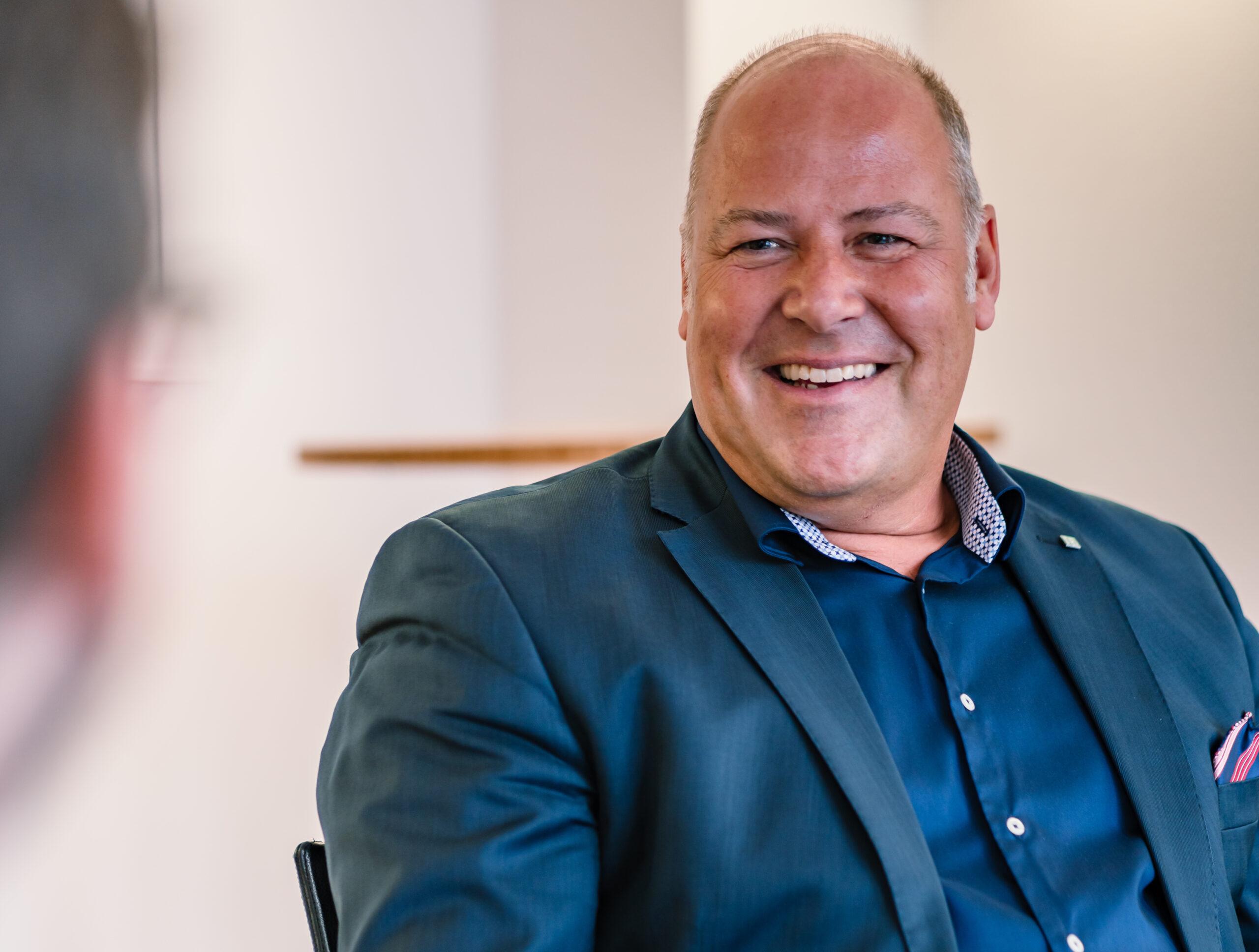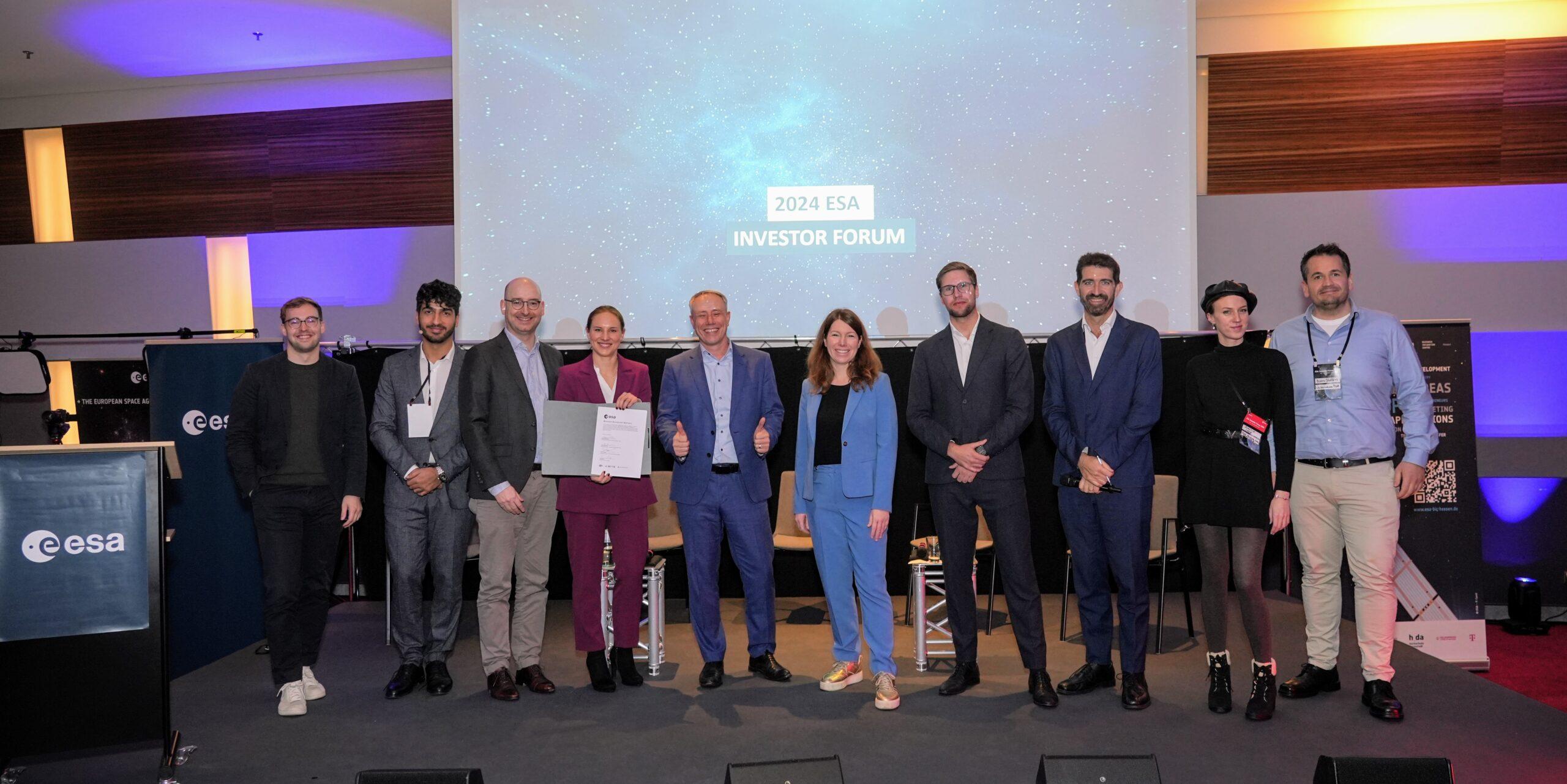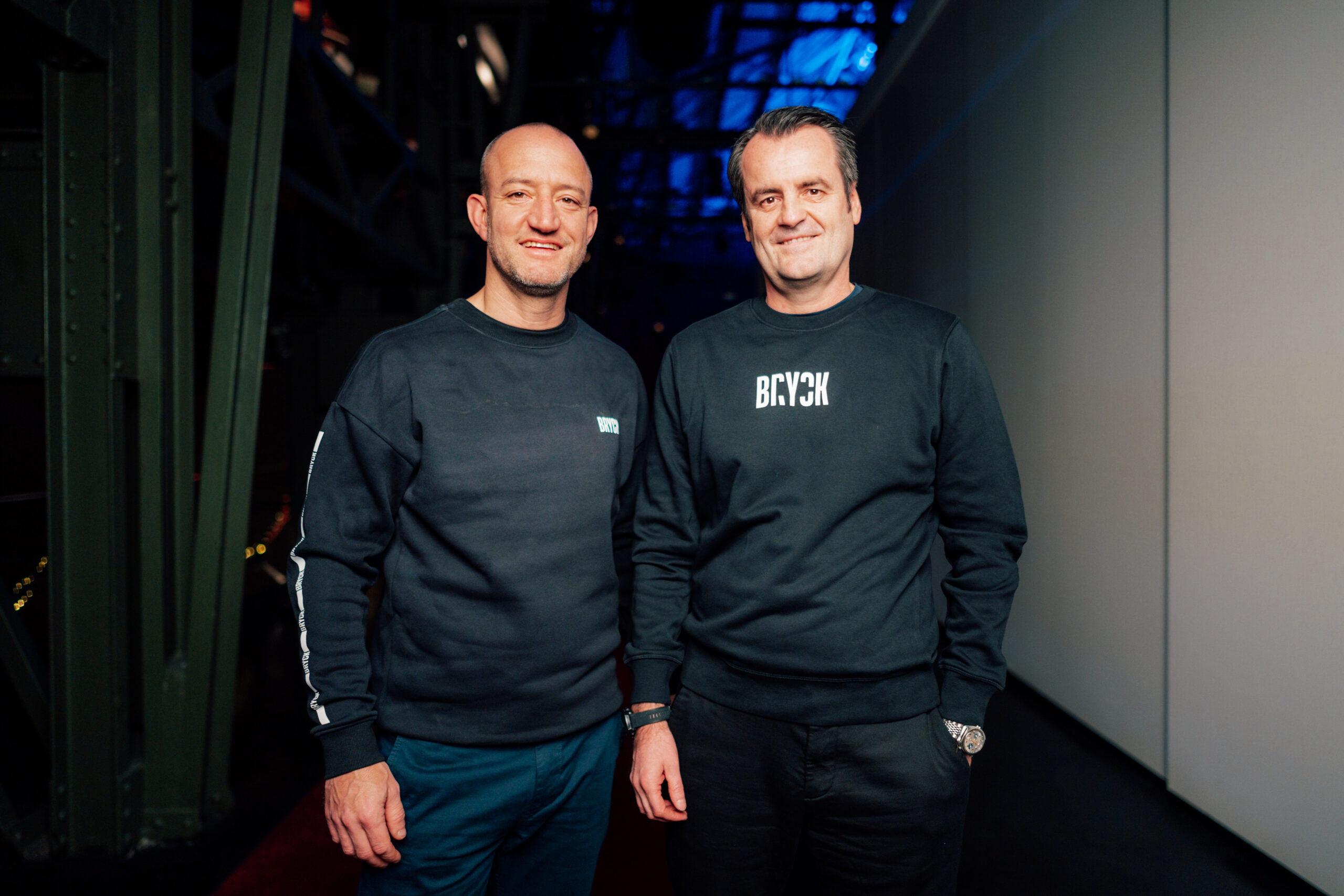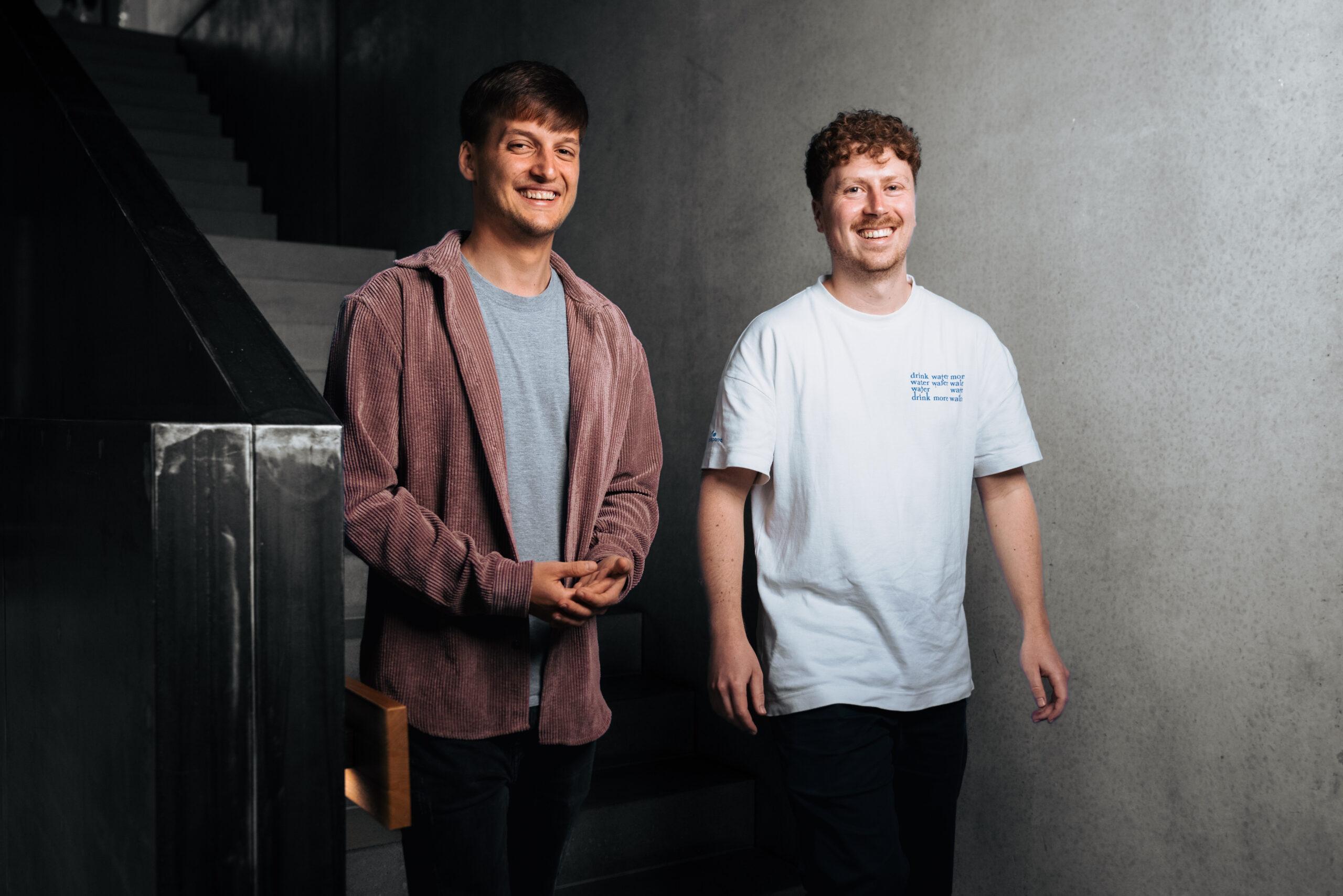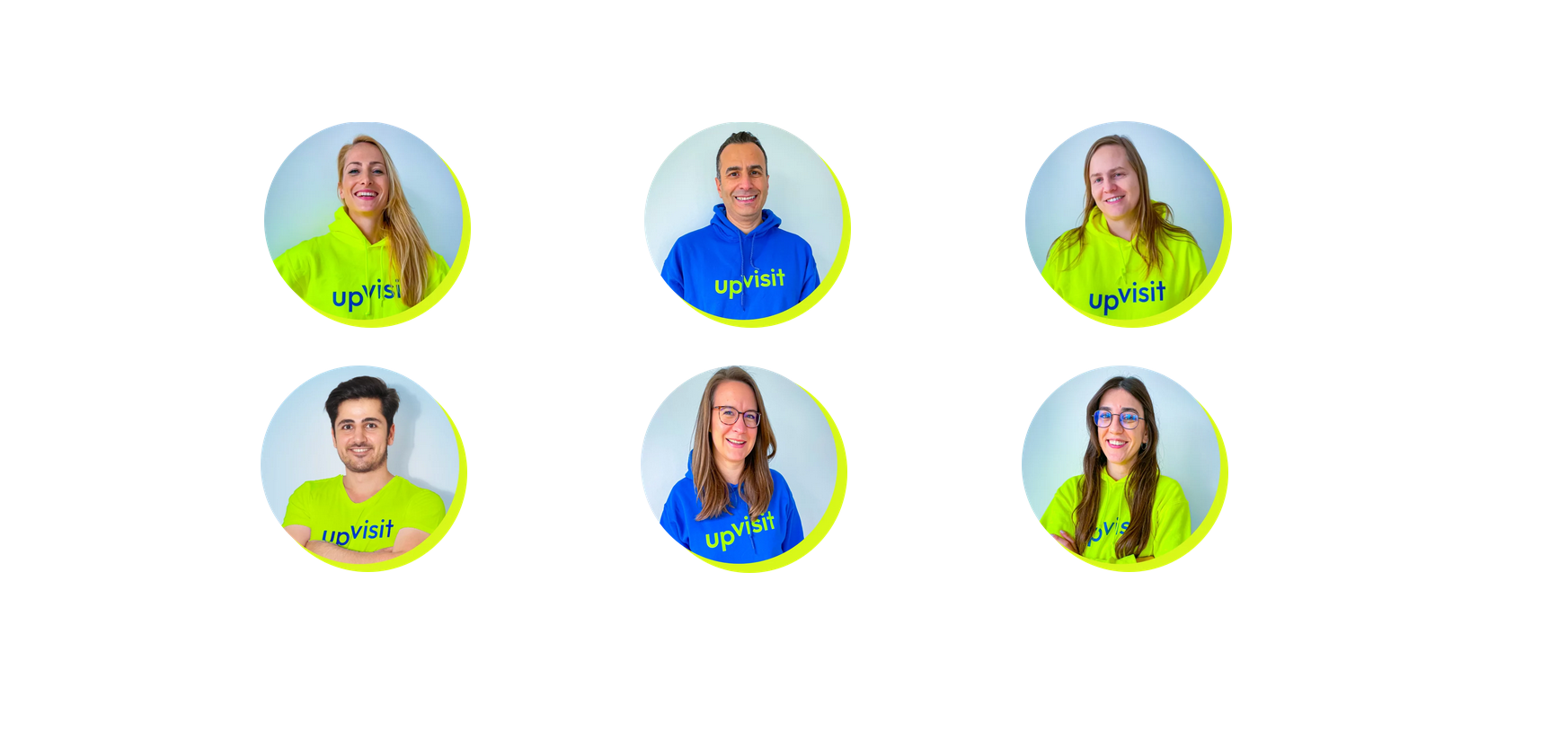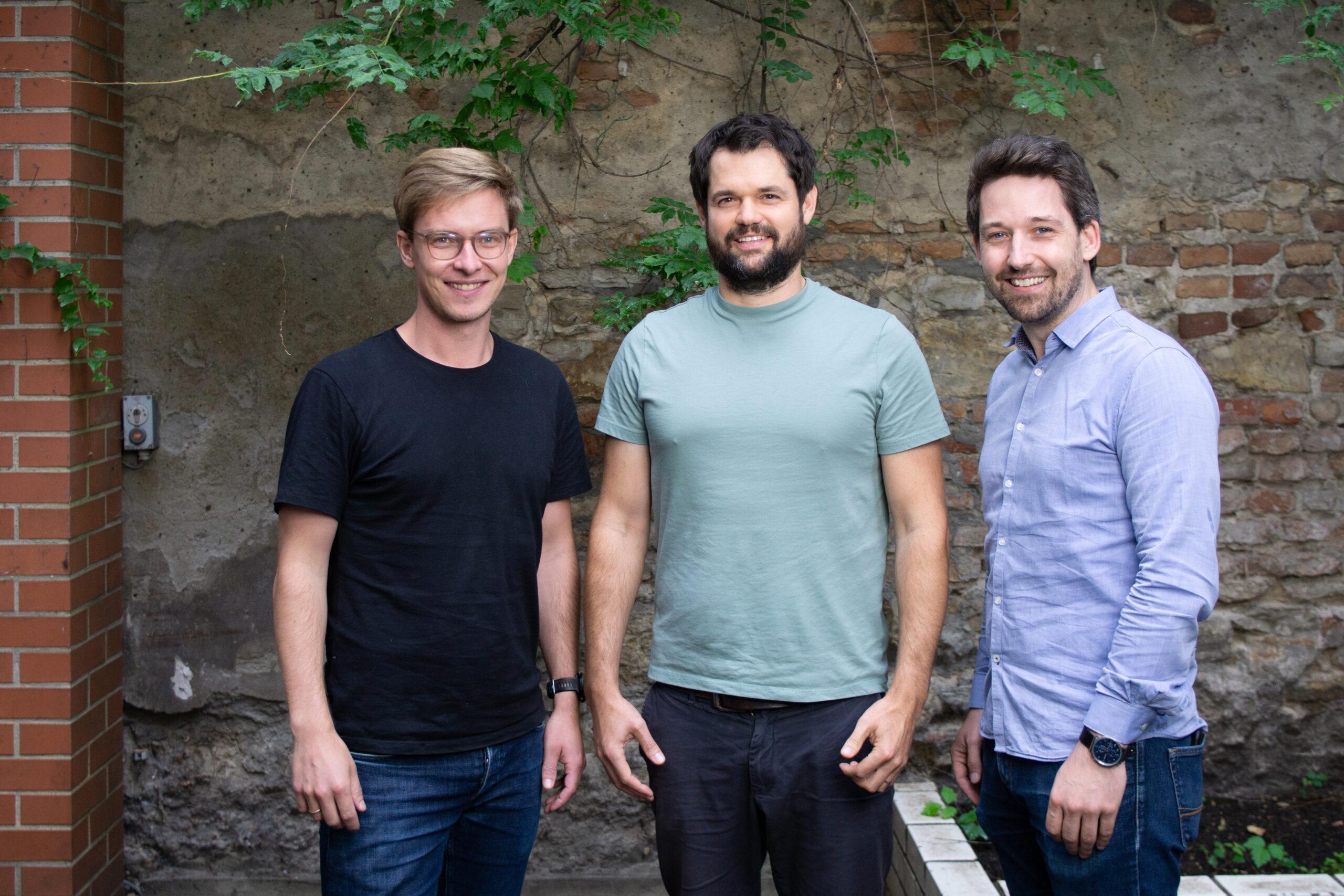"The big guys have lawyers, the little guys have hope"
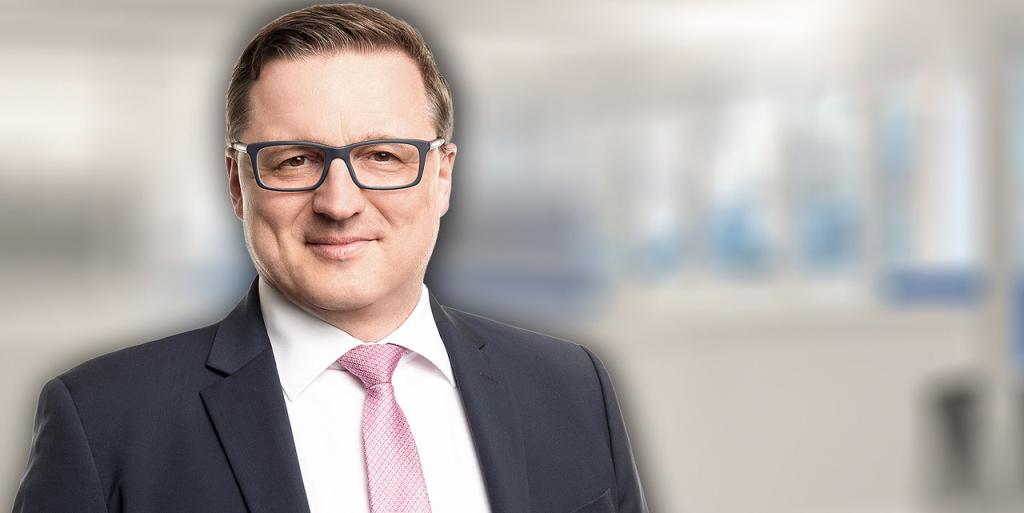
The German economy could soon be facing a wave of insolvencies, partly because many companies are ignoring early indicators. A fintech from Worms wants to help companies recognize imbalances before they become acute.
At first glance, Frank Horvath and Werner König's idea sounds a bit like SAP light. In autumn 2020, they launched their Finanzgeek app, a tool designed to enable small companies in particular to manage their finances, accounting and project management centrally.
But what Horvath and König have come up with is intended to be much more than just another management tool. Their app is designed to detect and display impending insolvencies at such an early stage that companies can still take countermeasures - a function that seems to have come at just the right time.
In March of this year, the German Economic Institute identified around 5,000 so-called zombie companies in Germany, i.e. companies that are not yet officially bankrupt, partly because they do not have to file for insolvency due to the coronavirus crisis. According to the institute, small companies and sole traders in particular are at risk of a delayed wave, as insolvencies in 2020 were a whopping 29% lower than in the previous year.
Both Horvath and König are experienced management consultants, Horvath in the field of data and restructuring, König in the field of software. The two have been on the market since autumn with their app Finanzgeek, a tool that is primarily intended to enable small businesses to manage their finances, accounting and project management centrally. "We are primarily targeting companies with up to 49 employees, such as craft or cleaning businesses," says Horvath. Companies of this size in particular are often not very digitized and if they are, they use many different solutions. "We want to become a one-stop store for them," says Horvath.
The special thing about Finanzgeek, however, is the Smartguide: the tool that warns companies early on when difficulties are looming: "I have been analyzing insolvency data for 17 years, and the early indicators of insolvency are actually always the same," explains Horvath. The first signs are often seen years before the actual insolvency, so it is possible to take countermeasures in good time if these signs are recognized.
To do this, Finanzgeek relies on artificial intelligence, which collects various figures and analyzes them in a risk weighting. Which figures are important differs from industry to industry, says Horvath: "In retail, for example, it's turnover per square meter, while elsewhere it's more the ratio of productivity to cost of goods sold." Customer and employee satisfaction also play a role. He is convinced that small companies in particular could use such an early warning system, as they often lack the professional advice that large corporations have: "The big ones have lawyers and tax consultants, the small ones mainly have hope."
Horvath carried the idea around with him for a long time; in the end, it was a long car journey with his co-founder that sparked the idea. "Werner König and I are neighbors and we were both going to a blockchain conference in Freiburg," he recalls: "I told him about the idea and he was immediately on board." Initially, there were still two developers on board, but they dropped out in the meantime, which Horvath remembers as a complete surprise: "We were suddenly faced with a fait accompli and briefly considered whether we should continue." In the end, the two finished the project anyway, without the original partners and also without external financing. They only invested their own money in the start-up.
The Finanzgeek app is free, but a desktop version is to be added soon, which will then work according to the freemium model: In principle, it can be used free of charge, but if you want all the functions of the AI, you have to take out a subscription. According to Horvath, they are currently planning three levels, between 9.99 euros and 29.99 euros per month. He is not yet sure whether they are aiming for profitability in the near future or whether Finanzgeek wants to grow first. "We are currently talking to investors. If someone were to say: 'Grow first, profit isn't that important to me', then we would like that."
Horvath wants to add more tools to the Finanzgeek offering by the end of the year. And even though the founder is trying very hard not to look like a crisis profiteer, he is certain that the effects of the pandemic will turn many companies into his customers. Precisely because Finanzgeek is inexpensive in and of itself: "Companies are happy to use it in times of crisis."

Newsletter
Startups, stories and stats from the German startup ecosystem straight to your inbox. Subscribe with 2 clicks. Noice.
LinkedIn ConnectFYI: English edition available
Hello my friend, have you been stranded on the German edition of Startbase? At least your browser tells us, that you do not speak German - so maybe you would like to switch to the English edition instead?
FYI: Deutsche Edition verfügbar
Hallo mein Freund, du befindest dich auf der Englischen Edition der Startbase und laut deinem Browser sprichst du eigentlich auch Deutsch. Magst du die Sprache wechseln?



